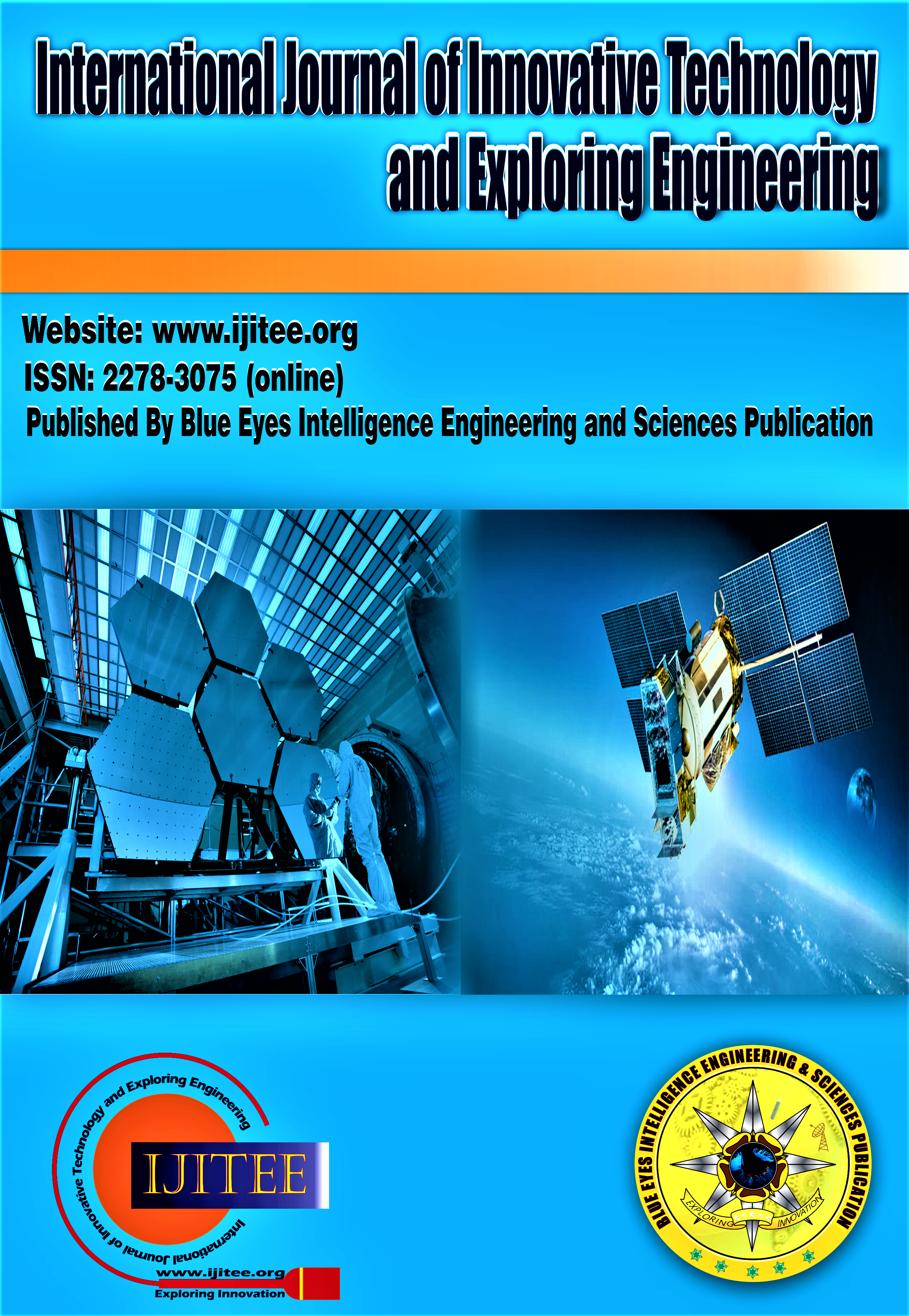IoT-Based Electricity Theft Detection System
Main Article Content
Abstract
Globally, energy sectors face the problem of electricity theft, which causes substantial financial losses, inefficiencies, and unpredictability in the energy supply. It involves the unauthorized use of electrical power through various means such as tampering with meters, bypassing meters, tapping directly into power lines, or manipulating billing mechanisms. Analyze here the performance of the proposed IoT-based system for detecting electricity theft. Show the outcomes of the alert system performance. False Positive Rate (FPR): The proportion of legitimate transactions incorrectly identified as theft. False Negative Rate (FNR): The proportion of theft events that were missed by the system. The IoT-based electricity theft detection system is quite efficient. The system's high accuracy, precision, and recall demonstrate its ability to identify and prevent electricity theft effectively.
Downloads
Article Details
Section

This work is licensed under a Creative Commons Attribution-NonCommercial-NoDerivatives 4.0 International License.
How to Cite
References
Zhang, L., & Wang, H. – 2020, “Influence of steel fibres on the flexural strength of concrete”, Journal of Materials in Civil Engineering, Volume-32(4).
DOI: http://doi.org/10.1061/(ASCE)MT.1943-5533.0003095
URL: https://ascelibrary.org/doi/10.1061/(ASCE)MT.1943-5533.0003095
A. K. Gupta, A. Mukherjee, A. Routray and R. Biswas, “A novel power theft detection algorithm for low voltage distribution network,” IECON2017 - 43rd Annual Conference of the IEEE Industrial Electronics Society, Beijing, 2017, pp. 3603-3608.
DOI: http://doi.org/10.1109/IECON.2017.8216607,
URL: https://ieeexplore.ieee.org/document/8216607
J. Nagi, K. S. Yap, S. K. Tiong, S. K. Ahmed and M. Mohamad, “Nontechnical Loss Detection for Metered Customers in Power Utility Using Support Vector Machines,” in IEEE Transactions on Power Delivery, vol. 25, no. 2, pp. 1162-1171, April 2010.
DOI: https://doi.org/10.1109/TPWRS.2009.2036810
URL: https://ieeexplore.ieee.org/document/5373832
S. Sahoo, D. Nikovski, T. Muso, and K. Tsuru, “Electricity theft detection using smart meter data,” in Innovative Smart Grid Technologies Conference (ISGT), IEEE Power and Energy Society, 2015.
DOI: http://doi.org/10.1109/ISGT.2015.7131870
URL: https://ieeexplore.ieee.org/document/7131870
S. A. Salinas and P. Li, “Privacy-Preserving Energy Theft Detection in Microgrids: A State Estimation Approach,” IEEE Trans. Power Syst.,vol. 31, no. 2, pp. 883 - 894, 2016.
DOI: https://doi.org/10.1109/LPT.2015.2423637
URL: https://ieeexplore.ieee.org/document/7087333
Yip, Sook-Chin, KokSheik Wong, Wooi-Ping Hew, Ming-Tao Gan, Raphael C-W. Phan, and Su-Wei Tan. “Detection of energy theft and defective smart meters in smart grids using linear regression,” International Journal of Electrical Power & Energy Systems 2017, vol 91, pp. 230- 240.
DOI: http://doi.org/10.1016/j.ijepes.2017.03.006
URL:https://www.sciencedirect.com/science/article/pii/S0142061517301691
M. U. Hashmi and J. G. Priolkar, “Anti-theft energy metering for smart electrical distribution system,” in 2015 International Conference on Industrial Instrumentation and Control (ICIC),Pune, 2015, pp. 1424- 1428. DOI: http://doi.org/10.1109/IIC.2015.7150893
URL: https://ieeexplore.ieee.org/document/7150893
M. Singh and E. V. Sanduja, “Minimizing Electricity Theft by Internet of-Things,” International Journal of Advanced Research in Computer and Communication Engineering, Vol. 4(8), pp.326-329, 2015.
URL: https://www.ijarcce.com/upload/2015/august-15/IJARCCE%2055.pdf
L. K. Lekha, G. Jegan and M. D. Ranganathan, “IoT Based Household Appliances Control and Tampering Detection Of Electricity Energy Meter,” ARPN Journal of Engineering and Applied Sciences, Vol. 11(11), pp. 7376-7379, 2016.
URL:http://www.arpnjournals.org/jeas/research_papers/rp_2016/jeas_0616_4442.pdf
W. Han and Y. Xiao, “NFD: A practical scheme to detect non-technical loss fraud in smart grid,” 2014 IEEE International Conference on Communications (ICC), Sydney, NSW, 2014, pp.605-609. URL: https://ieeexplore.ieee.org/document/6883331
J. Nagi, K. S. Yap, S. K. Tiong, S. K. Ahmed and M. Mohamad, “Nontechnical Loss Detection for Metered Customers in Power Utility Using Support Vector Machines,” in IEEE Transactions on Power Delivery, vol. 25, no. 2, pp. 1162-1171,April 2010.
DOI: https://doi.org/10.1109/TPWRS.2009.2036810
URL: https://ieeexplore.ieee.org/document/5373832
S. Sahoo, D. Nikovski, T. Muso, and K. Tsuru, “Electricity theft detection using smart meter data,” in Innovative Smart Grid Technologies Conference (ISGT), IEEE Power and Energy Society, 2015.
DOI: http://doi.org/10.1109/ISGT.2015.7131776
URL: https://ieeexplore.ieee.org/document/7131776
S. A. Salinas and P. Li, “Privacy-Preserving Energy Theft Detection in Microgrids: A State Estimation Approach,” IEEE Trans. Power Syst.,vol. 31, no. 2, pp. 883 - 894, 2016. DOI: http://doi.org/10.1109/TPWRS.2015.2406311





